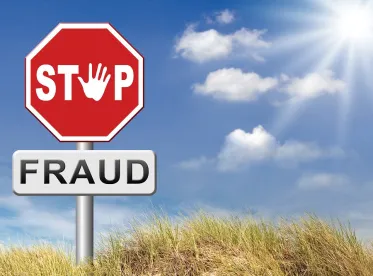The proverbial ink had no sooner dried on the Coronavirus Aid, Relief and Economic Security Act (CARES Act) when the scammers and fraudsters began angling for ways to cheat recipients of the checks ranging from $1,200 (individuals) to $2,400 (couples) and $500 for each qualifying child. All payments are subject to income limitations.
In response, IRS Criminal Investigation and U.S. attorneys from around the country have assembled a task force to identify and prosecute anyone attempting to use the COVID-19 relief payments as an opportunity to defraud people.
The IRS is cautioning people to be wary of anyone soliciting bank information as an excuse to speed up or deliver the relief payment. The IRS specifically stated that it would not be calling or emailing anyone for account information.




 />i
/>i

